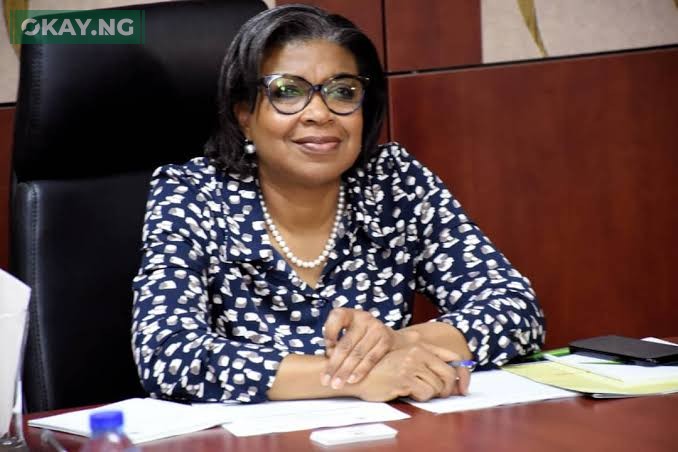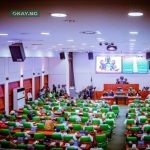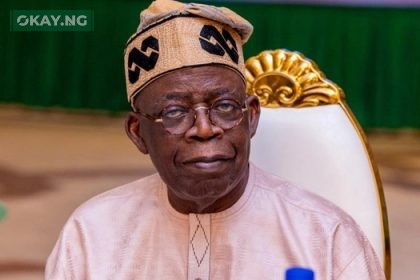Nigeria’s Debt Management Office (DMO) has reached a significant milestone, surpassing the N1 trillion mark in sovereign Sukuk bond issuances, a testament to the surging investor confidence in ethical finance within Africa’s largest economy. This achievement signals a robust appetite for infrastructure-backed debt instruments, a critical component in Nigeria’s development strategy.
On Wednesday, the DMO announced plans to raise an additional N300 billion through its Series Seven (VII) Sovereign Sukuk issuance, the largest single issuance since the program’s inception in 2017. This move underscores the agency’s commitment to bridging the nation’s substantial infrastructure deficit.
“These projects have yielded substantial economic benefits,” stated Patience Oniha, Director-General of the DMO, during an all-parties meeting in Lagos. “We have seen reduced travel time, improved road safety, job creation, better access to markets for remote farmers, and increased connectivity to essential public services such as education and healthcare.”
Nigeria’s journey into sovereign Sukuk began in 2017 with an initial issuance of N100 billion, which was met with marginal oversubscription, reaching N105.88 billion. Subsequent issuances have steadily increased: N100 billion in 2018, N150 billion in 2020, N250 billion in 2021, before moderating to N100 billion in 2022 and N150 billion in 2023. This trajectory, culminating in the current N300 billion offering, reflects a growing and sustained confidence in the instrument.
Between September 2017 and December 2023, the DMO successfully raised a cumulative N1.092 trillion through Sukuk, with proceeds directed towards essential infrastructure projects. Notably, this funding has facilitated the construction or rehabilitation of over 4,100 kilometers of roads and nine bridges across Nigeria’s six geopolitical zones, including the Federal Capital Territory.
For many Nigerians, particularly those in rural areas, improved infrastructure translates to tangible improvements in daily life. Reduced travel times mean more efficient access to markets, enabling farmers to sell their produce more effectively. Enhanced road safety reduces the risk of accidents, and better connectivity to schools and hospitals improves access to essential services.
Read Also: Nigerian Government to Issue N758bn Bonds to Clear Pension Debts
However, the implications extend beyond immediate benefits. As the World Bank notes, “Infrastructure development is crucial for economic growth and poverty reduction.” (World Bank, “Infrastructure”). By investing in critical infrastructure, Nigeria is laying the groundwork for long-term economic stability and growth. This investment in infrastructure also signals, that Nigeria is serious about developing its economy, and that the country is a reliable destination for investments.
As investors, we are witnessing a shift towards ethical finance, where investments are not only financially sound but also socially responsible. The growing appetite for Sukuk in Nigeria reflects this trend, indicating a broader move towards financial instruments that align with ethical principles.
The DMO’s achievement not only highlights the success of the Sukuk program but also underscores the potential for ethical finance to drive sustainable development in Nigeria and beyond. This milestone is a testament to the nation’s commitment to building a more connected and prosperous future.













